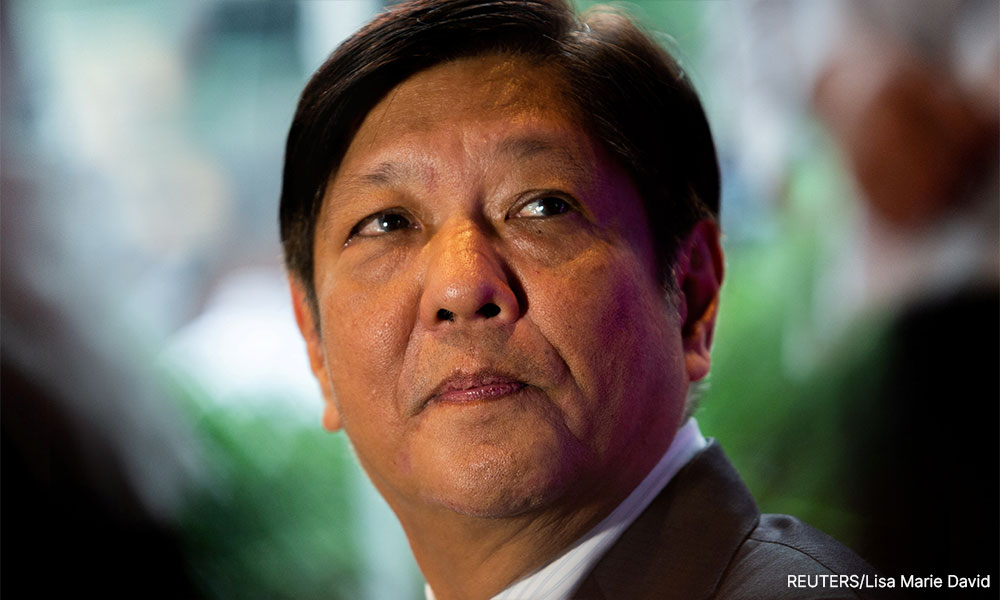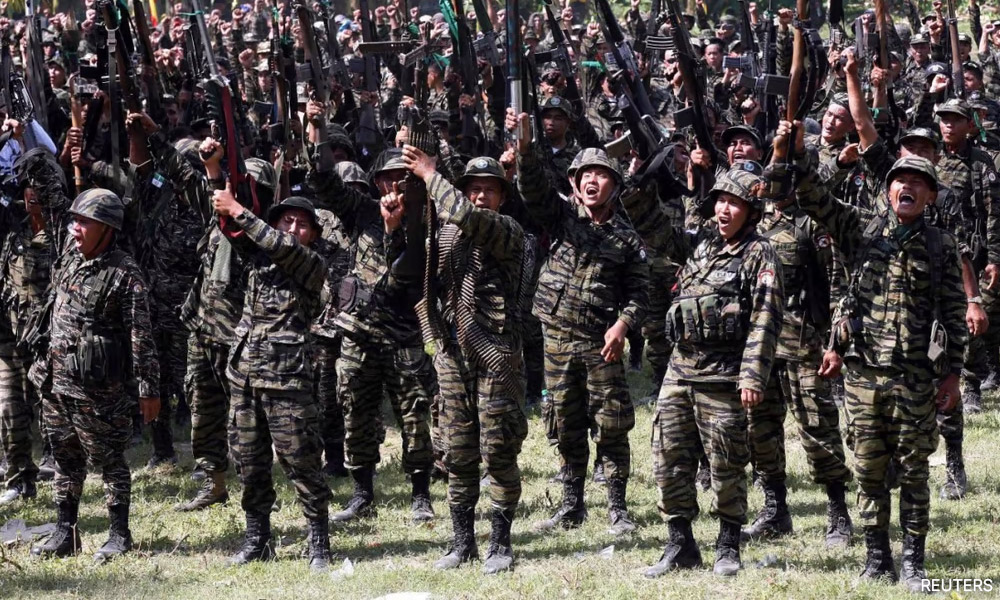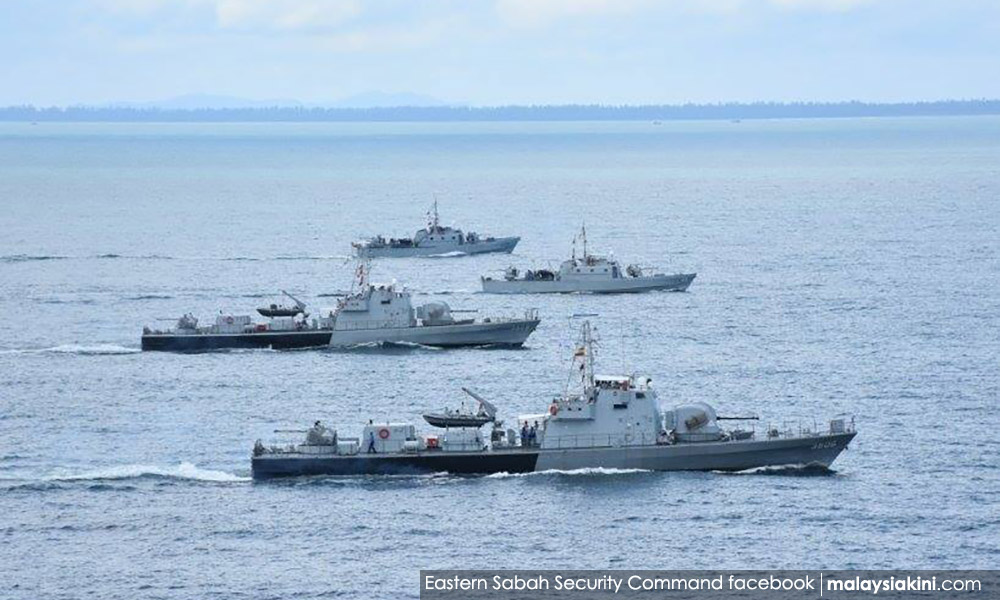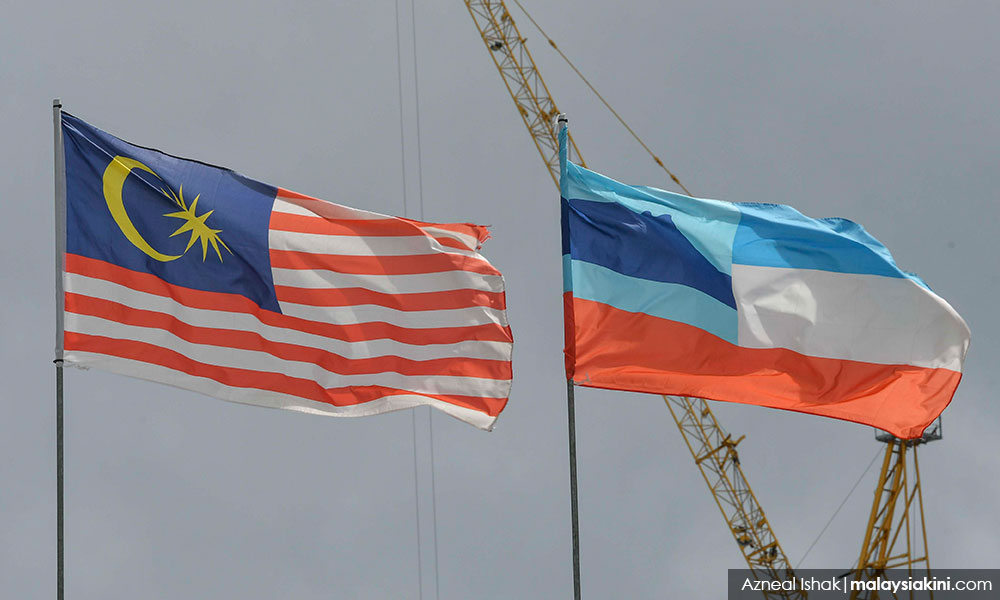Attention on the Sulu claim is focused on the French 2022 arbitration award to the heirs of the Sulu Sultanate. We have seen different legal opinions brashly displayed and argued in the media, often by those with limited knowledge of local conditions and complexities related to the claim.
I argue that a legal “arbitration” lens approach is much too narrow. The context matters in terms of history, social conditions, political narratives and mobilisation.
This piece identifies a few key non-legal concerns associated with the Sulu claim and argues that more holistic engagement is needed; taking a multi-faceted approach that brings in the importance of socio-political issues and prioritises the need to include Sabahans in ongoing efforts to oppose the serious threats against Sabah and Malaysia and offers a constructive path forward.
To start with, the Sulu claim highlights long-standing serious concerns of security, division, and exclusion in Sabah. They go beyond the actions of individuals and partisanship that have featured in a political blame game to date. This issue provides an opportunity to address underlying matters relating to claims on Malaysian territory.
Persistent Mindanao security concerns
A legal approach points to the 1878 Agreement and 1939 Macaskie legal decision. What has largely been left out of the historical discussion is Mindanao politics and its persistent impact on Sabah.
From supporting fighters in the Philippines and being allowed to seek refuge in Sabah from the 1970s to the 2013 Lahad Datu invasion, Sulu-Tausug politics in particular, and conditions on this important Filipino island generally, have extended into Malaysia.
Few appreciate that Sulu-Tausug nationalism is on the rise, and their claim-making narratives have strengthened, with the arbitration just one of many initiatives to improve their finances and extend their power.
This issue goes beyond a few greedy “rogues” seeking to feed their coffers. Rather, it reflects the mobilisation of identity politics of over one million Sulu-Tausug people within a complex power contestation during a period of uncertainty in Mindanao and the Philippines.
Different factions across Mindanao are fighting for power, many of whom have used violence in the past and continue to use the threat of violence in their struggles.
Mindanao’s current peace agreement is vulnerable. The Bangsamoro Peace Agreement of 2014, codified into law in 2018, is facing a pivotal moment with the new Ferdinand Romualdez Marcos Jr presidency and the May 2022 elections.

In the 1970s, Marcos’ father used the Mindanao conflict to shore up his political power. There is the concern that the son will do so as well. There are further concerns he will continue former president Rodrigo Duterte’s nationalist narrative claiming Sabah.
This trend of using Filipino nationalism for domestic legitimacy can destabilise relationships between neighbours and empower spurious claims, as has occurred already. Funders in Manila appear to be backing the Sulu legal claimants, contributing to uncertainty and the view that Manila is not vested in peace and honouring Malaysia’s sovereignty.
There is also a tense local power struggle going on in Mindanao tied to the Bangsamoro peace process. The main political beneficiary of the peace agreement was the Moro Islamic Liberation Front (MILF).
The May 2022 local elections discredited their leadership, where they performed poorly, winning only nine of the 36 municipalities. This has created uncertainty, with the delicate balance of interests unstable.

Sulus overwhelmingly voted for Marcos and his local clan allies and are vested in a different local power configuration. Local political changes in Mindanao at a delicate time can undercut the entire peace process.
Malaysia has long been connected to Mindanao politics. Most recently, in the Najib government, they played a major part in the peace process, empowering the MILF over their traditional allies, the Sulu-based Moro National Liberation Front.
With the situation changing, care needs to be taken to ensure that personal and past relationships and interests do not compromise larger national interests. Violent conflict on either side of the Sulu Sea will only worsen the situation.
All too often, Sabah has been on the receiving end of inadequately informed or narrowly framed decisions made in Kuala Lumpur. Mindanao’s factious situation has contributed to refugees, kidnappings and terrorism. The immense funds spent on security along Sabah’s coastline take away from desperately needed resources to develop and address widespread poverty in Sabah.
The Mindanao conflict is far from over. It remains serious. While Malaysia’s government has significantly improved its security operations in Sabah with the Eastern Security Sabah Command created in 2013, the situation remains precarious and requires non-security dialogue and multi-lateral support to sustain a viable and inclusive peace process.

Statelessness suffering
For Sabahans, the Sulu claim brings back the trauma of how the Mindanao conflict of the 1970s was used by politicians to change the state’s demography.
Former prime minister Dr Mahathir Mohamad’s role in this trauma is the most prominent, but the exercise of giving documents to hundreds of thousands over nearly two decades involved many. This history is detailed in the 2014 Royal Commission of Inquiry report, whose recommendations remain unimplemented.
Today there are an estimated 800,000 undocumented persons, most of whom have been in Sabah for decades, living in obscene poverty as they are not allowed to work, get an education or access affordable healthcare.
They face endemic corruption and abuse, and many, including an estimated 150,000 children in this diverse community, are not migrants, having been born in Sabah to multi-generational families living in Sabah.
These people have been born into illegality in a context where politics is holding sustainable solutions to this serious socio-political problem hostage. Importantly, this group is one of the largest concentrated stateless populations in the world.
The mere mention of undocumented persons provokes anger among many Sabahans who use dehumanising language to characterise them, brushing a diverse group of individuals with similar brands of criminality.
Politicians fan this emotional issue by labelling different political opponents with “foreigner” or “collaborator” labels. This political mobilisation feeds on anger, fear of displacement and real experiences of marginalisation, as all too often, the “East” is demeaned by those in Sabah’s “West”, ironically paralleling the practice of disrespecting Malaysia’s “East” by its “West”.

By fostering these divisions, Sabah is disempowered in its ability to develop. The federal government is (rightly) accused of perpetuating the problems of undocumented persons with a narrow security approach that empowers federal government agencies, in contrast to the spirit of the MA63 agreement that gives Sabahans more control of governance, including immigration.
All in Sabah are suffering from this ongoing trauma, where sentiments and politicking are obstacles to multi-faceted and targeted solutions to statelessness.
A safer and stronger Sabah is one in which the migration is better regulated, and those who have legal standing, born in Malaysia and can contribute, should have some sort of legal identity document. One that is not used to make money for individuals and exacerbate abuse but rather used to bring needed labour into Sabah’s marketplace, based on shared humanity and contributes to broader well-being.
Preventing a painful Pandora’s Box
The Sulu claim has unfortunately reignited political short-sightedness, with politicians already forwarding accusatory videos and fanning social divisions. Crucial in this divide is a deepening state nationalist split between Sabahans and Peninsular Malaysia.
Anger has moved from a focus on individuals in the federal government or agencies to growing resentments against those from outside of Borneo. Strong feelings that Sabah has been neglected and the security and wellbeing of its people endangered are intensifying – and should not be ignored.
So far, the federal government’s approach is to close down discussions in Parliament and hold a “secret” meeting in a hotel for politicians and flag a possible task force.
The Sulu claim has been framed narrowly and simplistically as a legal issue with the excuse of sub judice used to shut down discussion. The debate has nevertheless continued, with Peninsular Malaysia lawyers dominating and politicians across Malaysia using the issue strategically for their own interests/egos. Distrust and discontent fester.
To date, there has been an underestimate of how this issue can provoke other claims to Sabah, inadequate attention to the situation in Mindanao/Philippines and recognition of the insecurity and division being exacerbated. This issue is much broader than a legal decision or the staggering amount of money involved. The claim is creating shocks in Sabah politics.
Sabahan voices, including the Perikatan Nasional/Umno state government, have not been adequately included and respected in seeking solutions and being consulted. This is, sadly, history repeating itself. This issue can be handled more constructively, and conditions put in place to prevent similar claims from surfacing.
As Malaysia’s government moves toward a task force or another serious consultative body, the scope should be broader and the participation more inclusive.
The spirit should be bipartisan and extend beyond politicians and security personnel to include Sabahan civil society and experts. History can be changed when more holistic approaches are adopted.
Otherwise, the Sulu claimants are, in fact, winning by undermining the wellbeing of Sabah and Malaysia. This is much more destructive than the billions of funds involved.
For more details on post-election issues in Mindanao, see here. - Mkini
BRIDGET WELSH is currently an Honorary Research Associate of the University of Nottingham, Malaysia’s Asia Research Institute (Unari), based in Kuala Lumpur. She is also a Senior Research Associate at the Hu Fu Centre for East Asia Democratic Studies, and a Senior Associate Fellow of The Habibie Centre. Her writings can be found at bridgetwelsh.com.
The views expressed here are those of the author/contributor and do not necessarily represent the views of MMKtT.




No comments:
Post a Comment
Note: Only a member of this blog may post a comment.